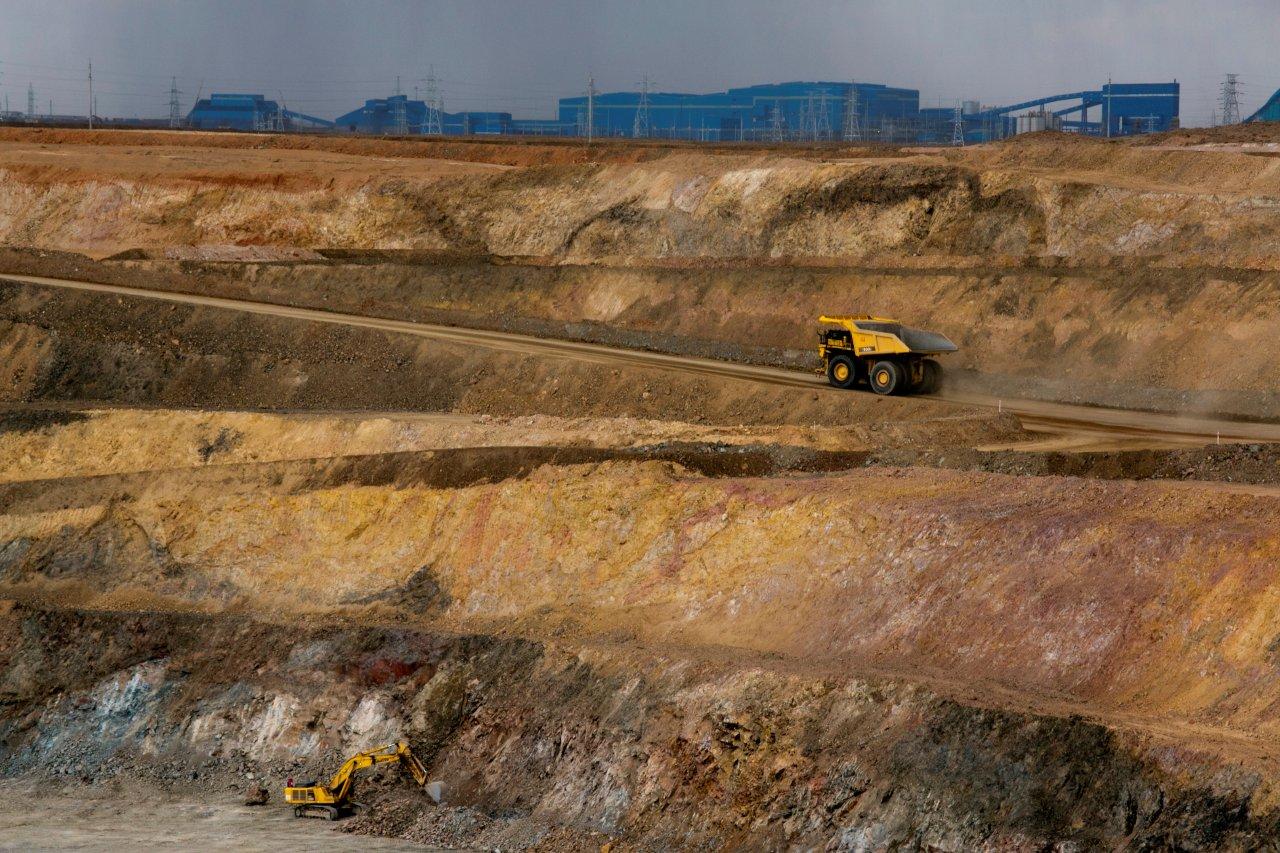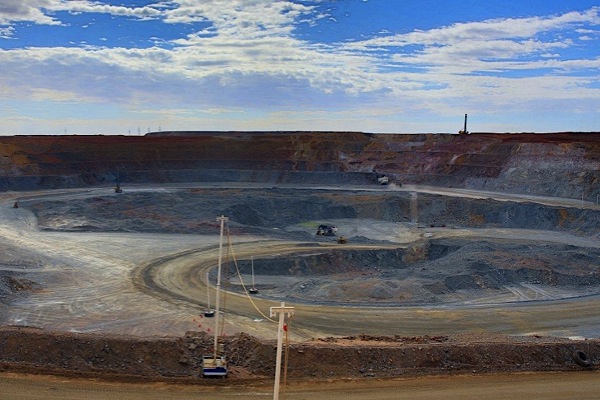Rio Tinto closes $4.4 billion financing deal for Oyu Tolgoi mine
Oyu Tolgoi, a copper-gold mine in the South Gobi region of Mongolia, approximately 550 km south of the capital Ulaanbaatar, holds one of the largest undeveloped high-grade copper deposits in the world. (Image courtesy of Oyu Tolgoi LLC)
Rio Tinto (ASX, LON:RIO) secured Tuesday a multi-billion agreement to finance a huge expansion of its giant Oyu Tolgoi copper-gold open pit mine in Mongolia and said that a final decision whether to forge ahead with construction will be made in the first half of 2016.
The $4.4 billion deal involves international financial institutions and export credit agencies representing the governments of the U.S., Canada and Australia, along with 15 commercial banks, the company said.
"This agreement has been more than four years in the making and it is one of the most significant agreements of its type in the metals and mining industry," Rio Tinto copper chief Jean-Sebastien Jacques said in the statement.
The long-sought deal is one of the last steps remaining before Rio's board makes a decision on whether to proceed with an underground expansion of the mine, expected to cost a further $5 billion. That project is one of three big growth undertakings flagged by the miner, even as the sector cuts spending to weather a downturn in commodities prices.
More copper, less iron ore
If approved, the underground expansion of Oyu Tolgoi, located about 80 kilometers (50 miles) north of the Chinese border, would also increase Rio's exposure to copper, while reducing its reliance on iron ore, where growth in supply and lacklustre demand has sent benchmark prices plummeting this year.
Oyu Tolgoi phase II is a truly giant project - the latest feasibility study including the underground expansion shows recoverable copper of 25 billion pounds, 12 million ounces of gold and 78 million ounces of silver over a mine life of 41 years.
A separate economic assessment to develop Oyu Tolgoi further and include other deposits at the property shows just what a rich find Oyu Tolgoi really was. This scenario provides a 94-year mine life and recoverable copper of 56.5 billion pounds, 27.9 million ounces of gold and 195.2 million ounces of silver, pushing the value of the mine to closer to $200 billion.
After the extension, the Oyu Tolgoi mine will contribute about a third of Mongolia's economy when at full tilt, according to operator Turquoise Hill (TSE, NYSE:TRQ), a Rio Tinto subsidiary that owns 66% of the mine. The government of Mongolia holds the remaining 34%.


The world's second biggest miner began production from the open pit of Oyu Tolgoi over two years ago. (Image courtesy of Oyu Tolgoi LLC)
